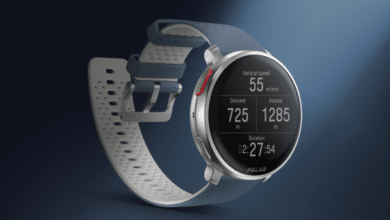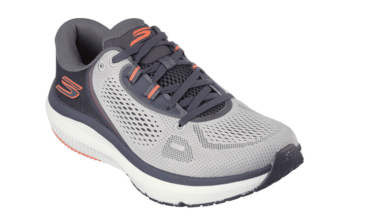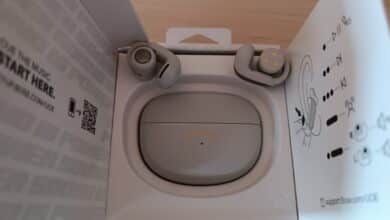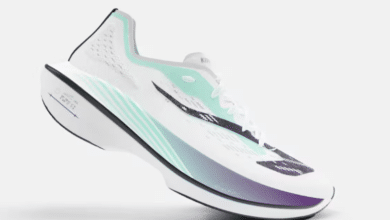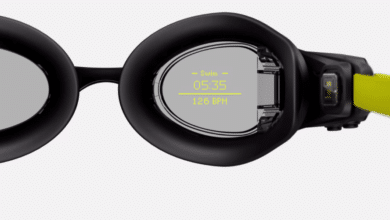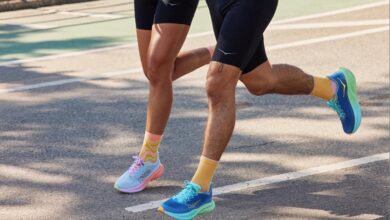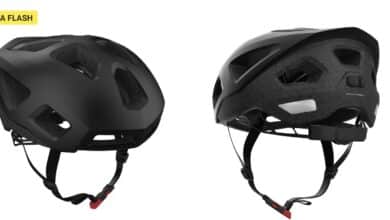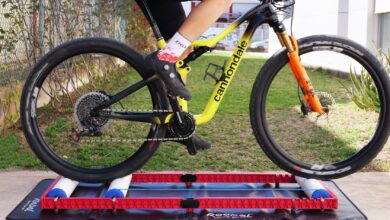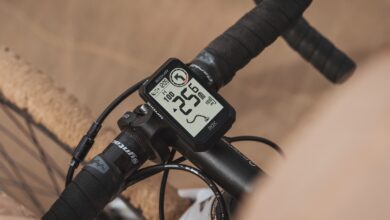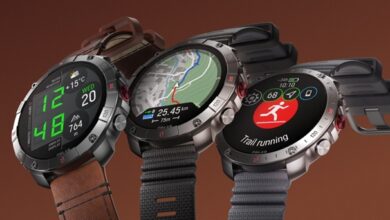What power meter do I need for my bike?
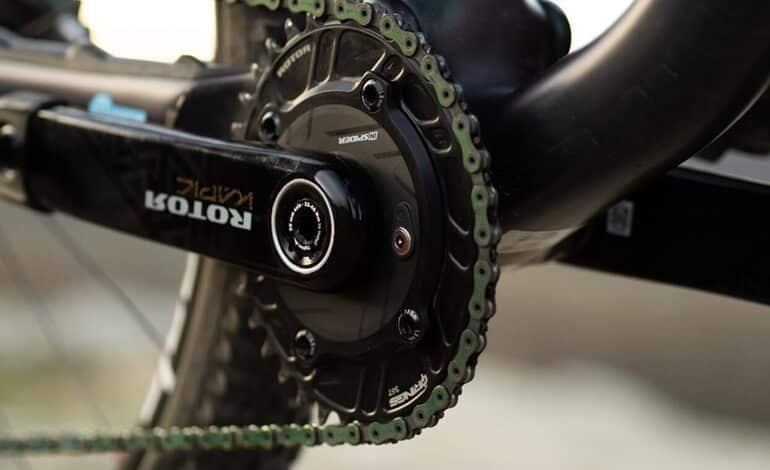
When it comes to analyzing your performance, power meters are one of the most effective tools for cyclists of all levels. So we thought about answering the question: “What power meter do I need for my bike?”
When you equip your bike with a power meter, you can measure the power output you generate.
The result is a collection of data that provides valuable information about your training. This data helps you optimize your results, adjust your training sessions and achieve your goals.
However, with the numerous potentiometers on the market, selecting the right one for your bike can be a challenge.
In this article we will explore the features of a quality potentiometer and highlight some noteworthy options, including ROTOR potentiometers.
What is a potentiometer?
Before going into detail about selecting a potentiometer, let us first understand what these devices are and how they work.
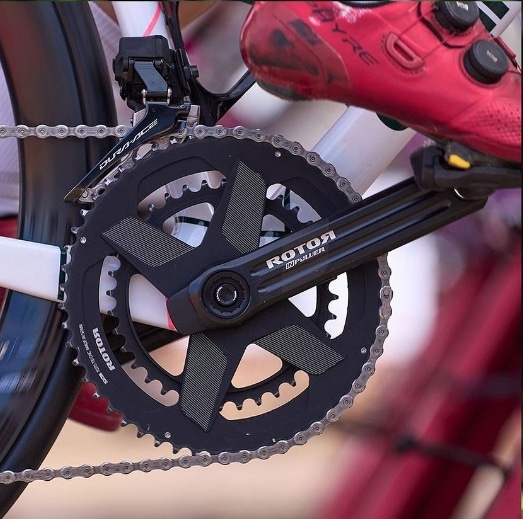
A potentiometer is a device that measures the amount of power you generate. It provides accurate and objective data on the energy you expend while pedaling. The data you get from a power meter is more valuable than that from a heart rate monitor or a GPS locator.
These devices indirectly estimate your effort, while potentiometers directly measure the force you apply to the pedals, giving you the best performance.
Potentiometers typically use strain gauges. These electronic sensors measure the deformation of a material caused by an applied force.
Strain gauges are strategically placed on various bicycle components such as cranks, pedals or wheel hubs, depending on the type of power meter.
As you pedal, the strain gauges detect force and transmit the data to the power meter unit, which processes and displays the power output in watts.
By measuring your power output, you can gain valuable insights into your performance, set training zones, track progress, and optimize your results.
Power meters allow you to measure your effort objectively, taking into account factors such as wind, terrain and fatigue. This data-driven approach helps you train smarter, improve efficiency, and get better results.
Types of potentiometers for cycling
There are different types of potentiometers, each with its own installation requirements and benefits. Let's take a look at the most common types:
Crank-Based Potentiometers
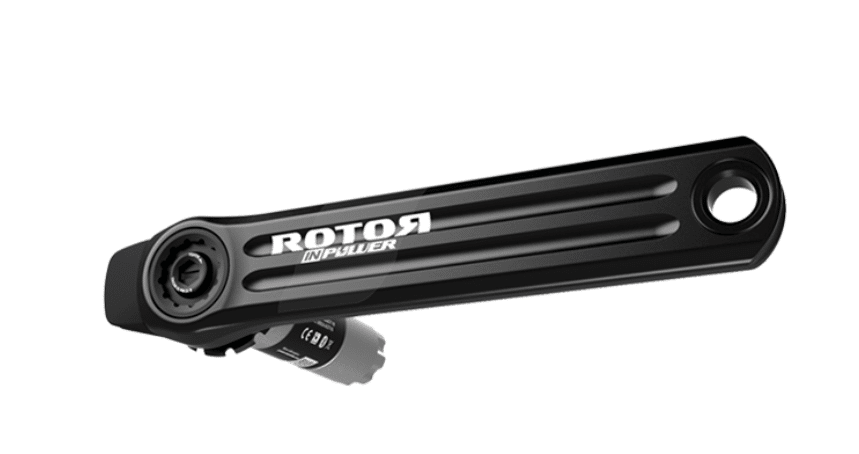
Crank-based potentiometers measure power in the crank arm or spider that connects the crankset to the bottom bracket.
These power meters provide accurate and reliable data and are compatible with various bike setups. Crank-based potentiometers are known for their stability and consistency in measuring power output.
ROTOR offers potentiometers crank-based models, such as the ROTOR INpower and 2INpower models, which provide accurate power measurement and advanced features. You can also take a look at the INspider version.
What to look for in a quality potentiometer
Now that we have talked about the different types of potentiometers, we need to examine their features in more detail.
Accuracy and precision
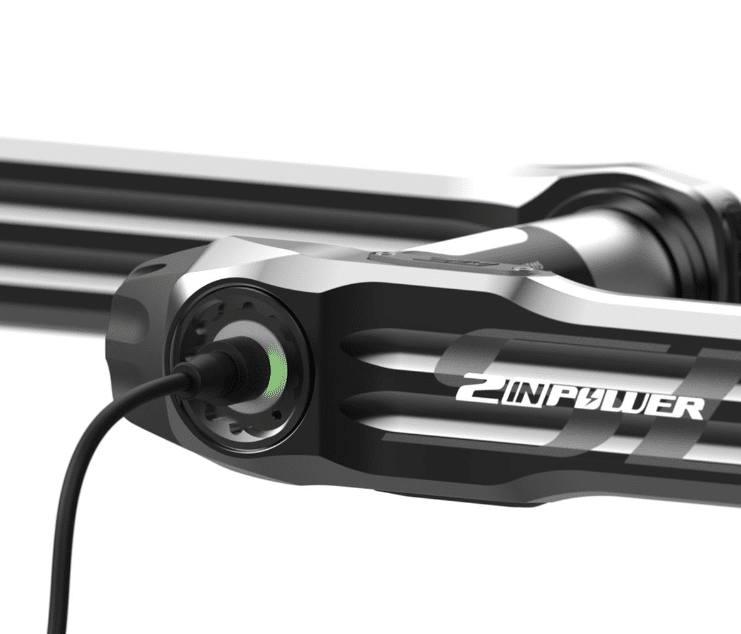
Your potentiometer must be exact and precise. A quality power meter provides consistent and reliable data, allowing you to make better training decisions.
With this in mind, it is best to choose a potentiometer from a brand that puts its products through rigorous calibration processes and has a reputation for providing accurate readings.
For example, ROTOR potentiometers, such as the INpower and 2INpower models, are known for their precision and reliable performance.
Compatibility
Make sure your power meter is compatible with your bike's existing components. Potentiometers come in several types, including crank-, pedal-, and hub-based options.
Each has its advantages and compatibility requirements. ROTOR offers a range of potentiometers designed to adapt to different cycling disciplines and bicycles, ensuring perfect integration with your bike.
Instalation and maintenance
There's nothing worse than buying something for your bike, only to discover that it's awkward to install or, worse yet, isn't compatible.
Therefore, before purchasing a power meter, you should compare it with the components of your bike. This is because some potentiometers require professional assistance for installation, while others can be easily installed by the user.
Connectivity and data transfer
Modern potentiometers transmit data to other devices wirelessly. You can analyze your data by connecting the power meter to a cycling computer or a smartphone app. Look for power meters that have Bluetooth or ANT+ technology.
ROTOR potentiometers support Bluetooth and ANT+ connectivity, allowing perfect integration with the most popular training applications and devices.
Battery life and power supply
Quality potentiometers, like those from ROTOR, tend to have incredibly long battery life. Some rely on replaceable batteries, while others have rechargeable options.
Evaluate your preferences and driving habits to determine which option is best for you. It is quite frustrating to have your battery run out while riding, make sure you always have it charged and choose
Additional characteristics
It's great to get a little more for your money, so it's worth taking a look at the extra features you can get on power meters.
For example, some power meters include left-right balance measurements, cadence detection, and pedal stroke analysis.
Although these features are not essential, they can provide valuable information about your cycling technique and help you identify areas for improvement.
ROTOR potentiometers, such as the 2INpower model, offer advanced features such as power measurement on both sides and independent left-right power balance.
Final thoughts on choosing a potentiometer
Equipping your bike with a quality power meter is a wise decision if you want to improve your performance and fitness.
You can find the potentiometer that best suits your needs by taking into account accuracy, compatibility, ease of installation, connectivity, battery life, and additional features.
ROTOR potentiometers They offer excellent performance and are worth exploring.
Choose the right power meter, integrate it into your training routine and develop your full potential to take your training and results to new levels.
There are no previous results.







